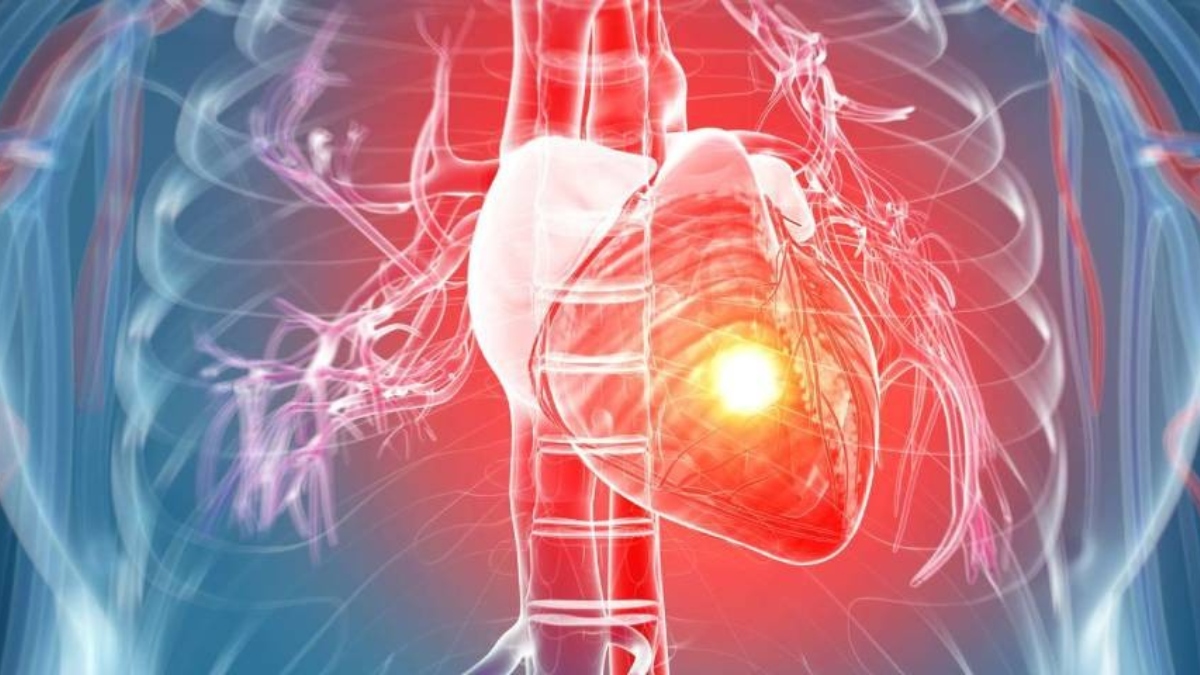Heart failure is a condition where the heart muscles do not pump enough blood to meet the body's requirements. It happens when the heart muscle weakens, stiffens, or sustains damage that impairs its capacity to efficiently pump blood throughout the body. In India, heart-related issues or cardiovascular diseases are a major concern, with heart failure affecting a significant number of people in the country. The fact that heart failure has a poor prognosis highlights its seriousness and the need to create more awareness regarding the condition.
Understanding the causes of heart failureAccording to Dr Rajneesh Malhotra, Vice Chairman Head - CTVS, Cardiac Sciences, Cardiac Surgery (CTVS), Robotic Surgery, Max Super Speciality Hospital, Saket, heart failure can be caused by various factors, including coronary artery disease (CAD), high blood pressure, cardiomyopathy, heart valve disorders, previous heart attacks, diabetes, obesity, smoking, unrestricted alcohol consumption, and other medical conditions. CAD occurs when the arteries supplying blood to the heart muscle become narrowed or blocked, reducing blood flow and potentially causing heart failure. High blood pressure forces the heart to work harder, weakening it and increasing the risk of heart failure. Cardiomyopathy weakens the heart muscle, and heart valve disorders disrupt blood flow, leading to heart failure. Other medical conditions, such as thyroid disorders, kidney disease, and certain infections, can also contribute to heart failure development.
Identifying the initial indications of heart failureRecognising early signs of heart failure is crucial for timely diagnosis and subsequent intervention. Key early signs include shortness of breath, fatigue, swelling, persistent coughing or wheezing, and an increased heart rate.
ol^Heart failure can be managed through lifestyle modifications such as a heart-healthy diet low in sodium and saturated fats, regular exercise, therapies, surgical intervention, and medication. When alternative therapies are no longer successful in treating severe heart failure, left ventricular assist devices, or LVADs, become extremely important. These are mechanical pumps that are surgically inserted into the body to assist the heart in pumping blood throughout the body. Effective management of heart failure requires routine monitoring by a medical team. This could entail routine symptom assessments, medication modifications, hydration status monitoring, and other pertinent parameter tracking.















